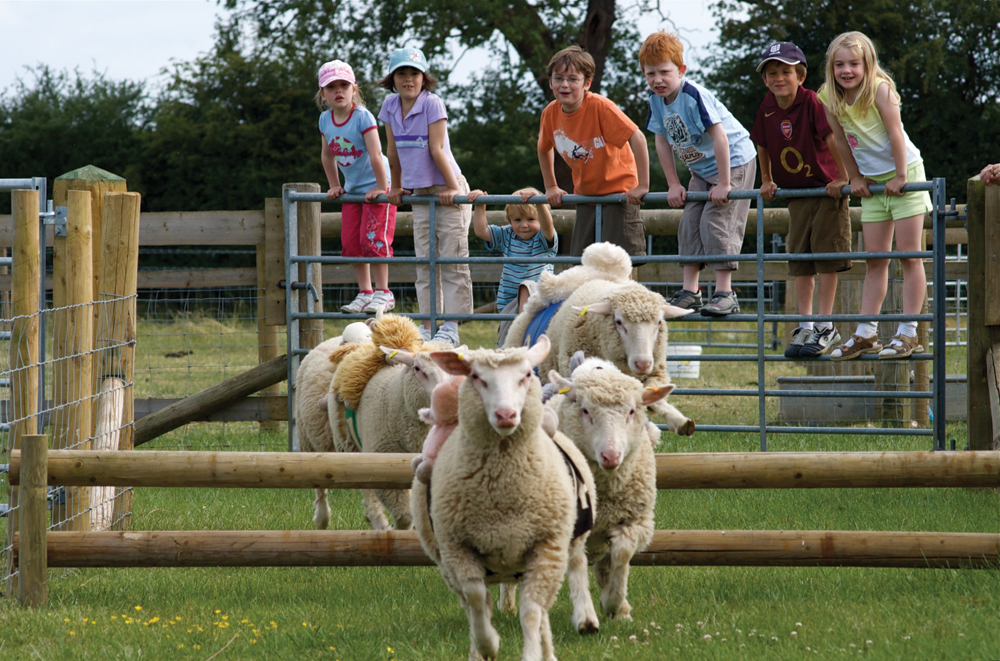
Wherever you stand on Brexit, there are two facts we can all agree on - it is happening, and no one is quite sure what happens next.
In farming, what we also know Brexit spells the end of the Common Agricultural Policy (CAP) in the UK.
Given that the CAP is currently worth £3.5bn a year to UK farmers, mostly in direct subsidies, it is fair to say that the end of CAP will impact on British farmers financially.
We don’t yet know what UK agricultural policy will look like post-Brexit, whether CAP subsidies will be replaced, or in what form. Given its past record on CAP negotiations, the government hardly stands out as the biggest fan of subsidised farming, certainly not of the direct kind.
So liberalisation of UK agriculture in some form looks likely.
An NFU report which modelled three likely post-Brexit scenarios for UK agriculture based on possible trade agreements predicted that average farm incomes would fall in all three cases, by averages of between €17,000 – €36,000 per year.
With CAP subsidies stripped away, land prices are are also likely to fall, reducing the value of key asset. A ‘hard Brexit’ is also expected to keep the pound weak, placing inflationary pressures on UK farmers on top of the difficulties of competing with still subsidised EU farms.
Protect against uncertainty
So the short term picture is at best volatile. Uncertainty never plays out well in finances, so the best advice is for UK farmers to take action to mitigate against it. Business diversification is a key strategic step they can take to do this.
Faced with uncertainty, it makes sense to create more than one income stream. Looking at alternative livestock, crops or land uses can help farmers tap into a niche and avoid volatility in the main agricultural markets.
Looking to generate income from other, more stable markets, such as leisure and hospitality, can add further security. Now is the time to act. With CAP subsidies still coming in, now is the time to seek finance before the value of your assets falls.
This is also the time to invest in upgrades to machinery and facilities, to increase efficiency and add value to your operations ahead of Brexit.
Embrace new opportunities
In the long term, there are more positive reasons to look to diversification.
Professor Ian Hodge writes that while the UK government has opposed direct subsidies, it has been in favour of ‘rural development’ funding, which account for around 25 per cent of CAP spending. These subsidies are available for agri-environmental projects and forestry, but also for rural business diversification.
So, can we expect a post-Brexit agricultural policy which favours public funding for development and diversification within a liberalised market? If so, there will certainly be upheaval, but also opportunities.
Prof Hodge makes the comparison with New Zealand’s agricultural market liberalisation in the 1980s. The diversification into new markets, including the creation of its now global wine industry, saw agricultural exports double.
In a changing world, adaptability is key. There will inevitably be winners and losers in UK farming post-Brexit. Diversifying your business can play a key role in ensuring you end up a winner.
Peregrine Finance is the UK’s largest provider of asset finance to rural businesses. With more than 25 years’ expertise in the field, Peregrine specialises in providing bespoke financial services to land based industries. To read more about our award winning services, please visit www.peregrinefinance.co.uk
